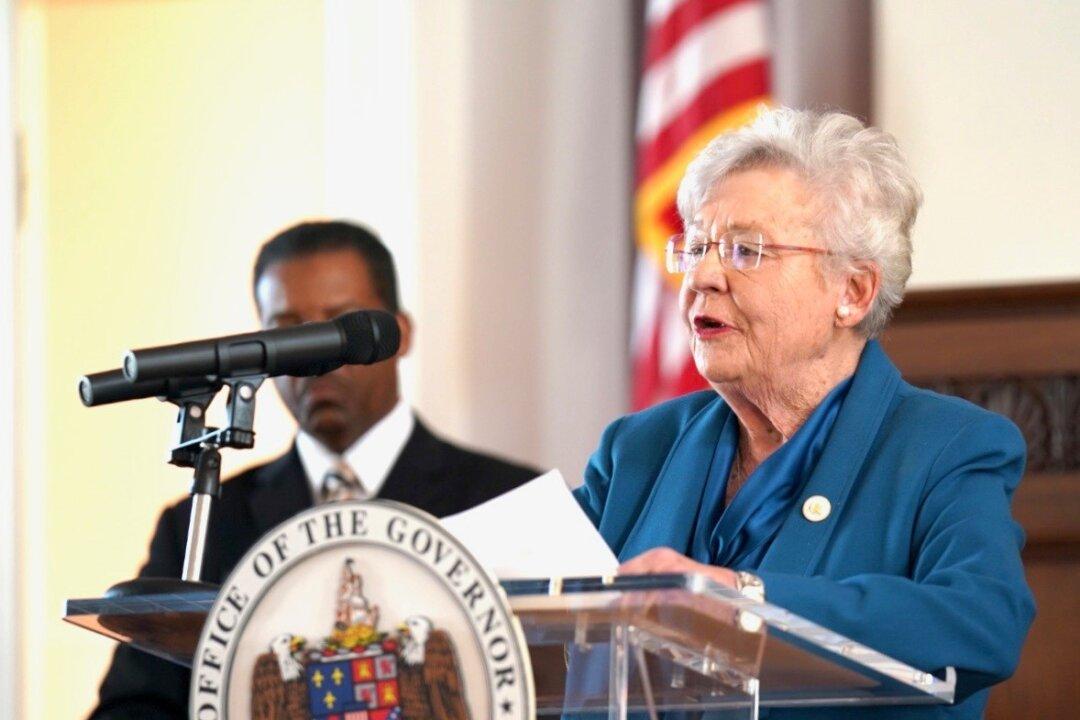A former business owner in Alabama filed a lawsuit on March 19 against Republican Gov. Kay Ivey and state Health Director Scott Harris, alleging that the COVID-19 lockdowns implemented by the executive branch resulted in a loss of $54,680 and caused the shop’s closure.
Saranne Riccio, the business owner who opened Uncorked Wine Shop & Tasting Room in Huntsville, Alabama in 2018, is represented by Matt Clark, an attorney with the Alabama Center for Law and Liberty (ACLL).





